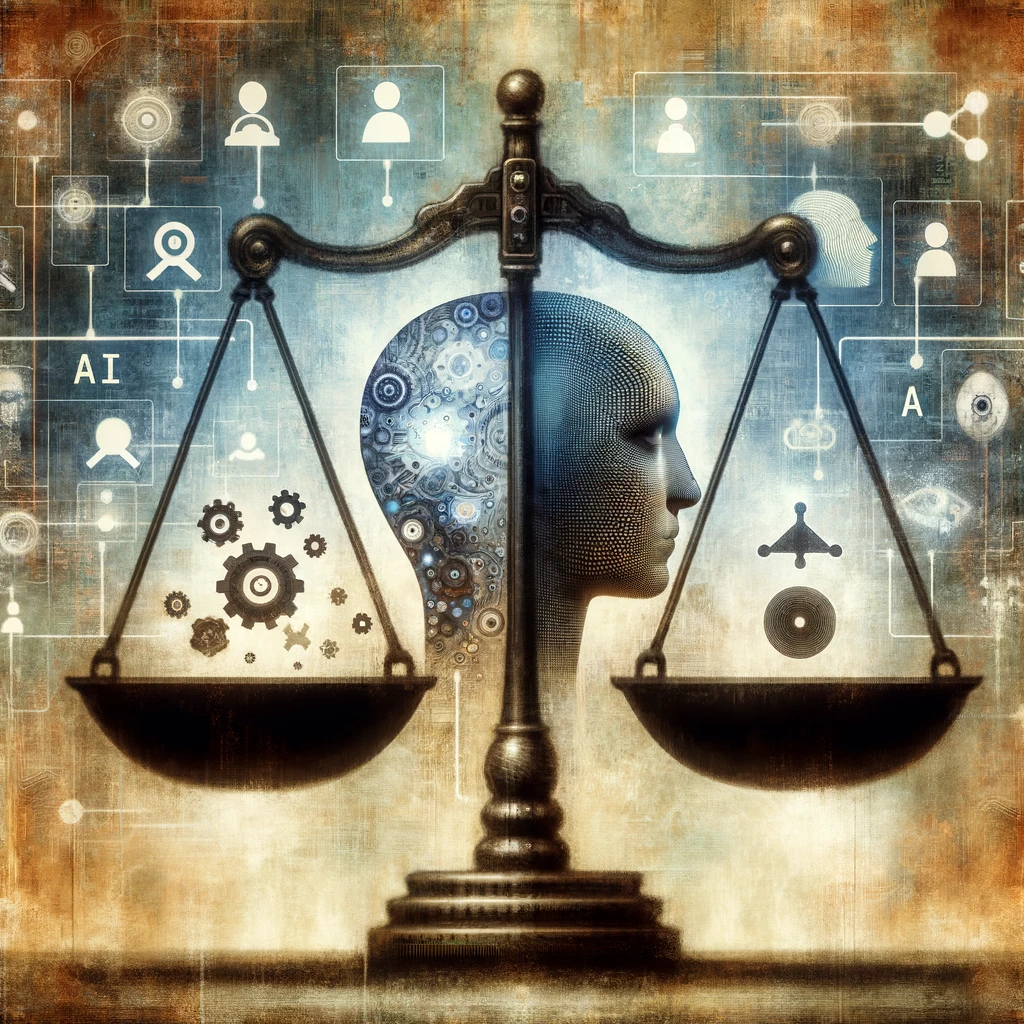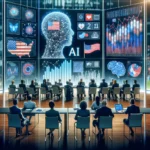In a comprehensive examination of artificial intelligence’s (AI) role in the political landscape, the potential for AI to both disrupt and enhance democratic processes is discussed.
Main Points:
- AI’s capacity to generate deepfakes has raised significant concerns about election integrity and public trust, yet there’s ongoing work exploring how AI can bolster democracy rather than undermine it.
- Campaign Lab and other organizations are innovatively utilizing AI, including training campaigners on using AI tools responsibly and experimenting with AI in voter engagement.
- Despite skepticism, examples like the UK’s first AI-powered election candidate and the use of AI in policy consensus tools suggest potential positive applications of AI in politics.
Summary:
The article by Brian Wheeler for BBC News delves into the dual-edged sword that is AI’s involvement in democracy. On one side, the proliferation of AI-generated deepfakes poses a threat to the veracity of election processes, contributing to a growing atmosphere of distrust among voters. This concern is magnified by the efforts in the UK to safeguard the upcoming general election against foreign interference and misinformation. On the flip side, less attention has been given to the potential benefits of AI in the democratic process. Initiatives like Campaign Lab’s hack days aim to leverage AI’s capabilities to enhance democratic engagement through responsible application, from drafting campaign materials to improving voter interaction.
Despite the prevalent fears of AI’s capacity for disinformation, proponents like Hannah O’Rourke of Campaign Lab and Joe Reeve of Future London advocate for the constructive use of AI in campaigning and policy-making. They argue that when AI is used ethically and effectively, it can free up human resources for more direct and meaningful engagement with the electorate. The article also highlights innovative applications of AI in politics, such as the AI-powered candidate Andrew Gray and the consensus-building tool Polis, which suggest that AI can contribute positively to democratic practices by fostering more inclusive and effective decision-making processes. However, the balance between harnessing AI’s potential for good while mitigating its risks remains a challenging frontier in the quest to strengthen democratic institutions.
Source: Could artificial intelligence benefit democracy?
Keep up to date on the latest AI news and tools by subscribing to our weekly newsletter, or following up on Twitter and Facebook.







